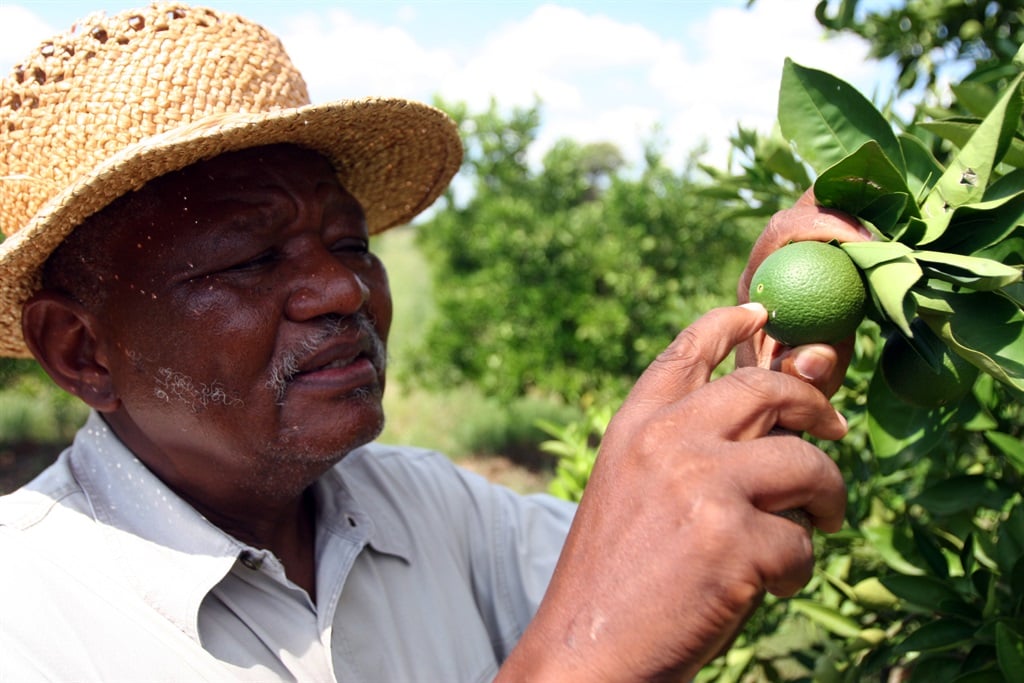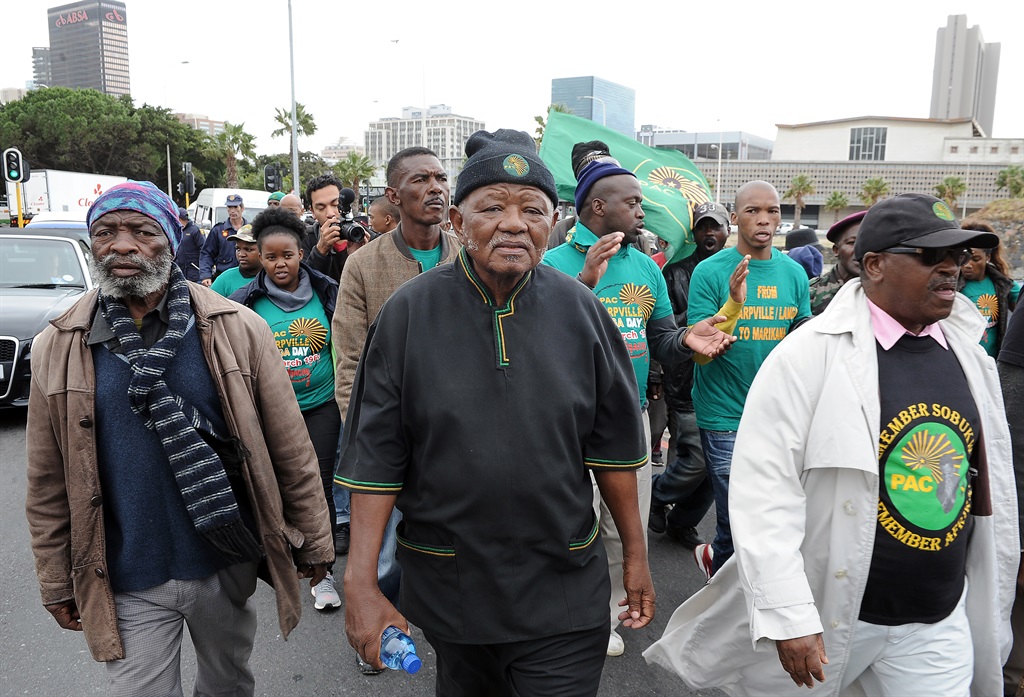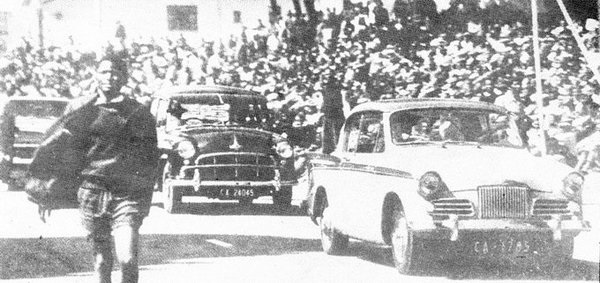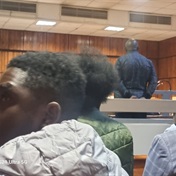
He’ll be remembered as the student in short pants who led 30 000 protesters to Parliament in 1960, days after the Sharpeville massacre.
Former Pan Africanist Congress leader Philip Kgosana, who died yesterday at the age of 80, was a vocal critic of what he called the “moral decay” of the country’s leaders.
He was a keen farmer, retreating to the 8.5ha plot he inherited in Winterveld, about 50km north of Pretoria, where he grew up looking after his father’s cattle, goats and sheep. Kgosana helped launch the Winterveld United Farmers Association, and spent his years tending to his successful citrus farm.
But he re-entered the public sphere when he retraced his historic footsteps under grey skies from Langa to central Cape Town last year.
Read: From Sharpeville to Cape Town: Philip Kgosana relives his historic anti-pass march
On March 30 1960, nine days after the Sharpeville massacre, Kgosana – then aged 23 – led 30 000 anti-pass protesters from Langa along the N2 and over De Waal Drive to Parliament.
At the time, he agreed to disperse the crowd in exchange for a meeting with then justice minister Frans Erasmus. But he was tricked and was arrested once the crowd had dispersed.
Later that day the apartheid government declared a state of emergency and banned all public meetings.
Photographs taken at the time show Kgosana in short pants, marching over De Waal Drive ahead of the throbbing crowd.
“For a few hours, the fate of Cape Town and the course of South African history was in the hands of two men, a colonel of the South African Police and a student in short pants,” wrote Gerald Shaw in his 1999 book, The Cape Times – An Informal History.
Many consider March 30 1960 a pivotal day in South Africa’s liberation history.
The Economic Freedom Fighters sent its condolences, saying it will always be reminded of the march.
The EFF is disheartened to learn of the passing of one of our struggle heroes, Phillip Kgosana. (1) #PhillipKgosana
— EFF Official Account (@EFFSouthAfrica) April 20, 2017
“With this, we are reminded that there is no such a thing as being too young to carry the baton of the quest of the revolution. In fact, it is the duty of the youth to guard the downtrodden from the fallacies of an oppressive government,” the party's spokesperson Mbuyiseni Ndlozi said.
Read: Struggle veteran bemoans moral decay
Ndlozi said the EFF honoured and celebrated the life of Kgosana and reiterated his sentiments that under an African government “there should be no child who sleeps on an empty stomach or studies under a tree”.
“The compassion shared and shown by Kgosana towards the emancipation of black people in South Africa will live on beyond the grave,” he said.
Cope spokesperson Dennis Bloem said Kgosana's contribution to the liberation struggle of this country remained unquestionable.
“He was also one of the selfless servants of our people. He had always put the people first; he was a very good example to many of us who were part of this bitter struggle against apartheid,” he said.
Kgosana graduated from the Lady Selborne High School in Pretoria in 1958. He was awarded a bursary to study commerce at the University of Cape Town.
He left his studies in January 1960 when he became regional secretary of the PAC for the Western Cape.
Following the Cape Town march, Kgosana was charged with incitement to public violence, violating the pass laws and marching without a permit. He fled the country to Dar es Salaam.
He entered the Ethiopian Military Academy and graduated as a lieutenant in 1966.
In 1970, he obtained a BA degree in economics from the University of Ethiopia, and later completed a postgraduate diploma in public administration at Uganda’s Makerere University.
From 1974 to 1996, Kgosana worked with the UN Childrens’ Fund as a programme development officer.
After 37 years in exile, Kgosana returned to South Africa in 1996.
He shared a home in Pretoria’s Karen Park with his wife, Thungthung, with whom he had five children.
An avid farmer,
“Vast parts of our population are illiterate. How can we say we’re free when 65% of our people can’t read, but they vote those in power back into power. It is terrible how this has worked out.”
“Working for the UN in various countries for years taught me, when I detect someone is a racist, to pity them.”
“As veterans of the struggle, we [the PAC] might not be in power, but we’re still interested. We might even have to congratulate the Economic Freedom Fighters for upholding South Africa’s Constitution.”
“I mean, how many times was the president asked to appear before court and he didn’t? He was reducing the Public Protector to a dummy.”




 Publications
Publications
 Partners
Partners










